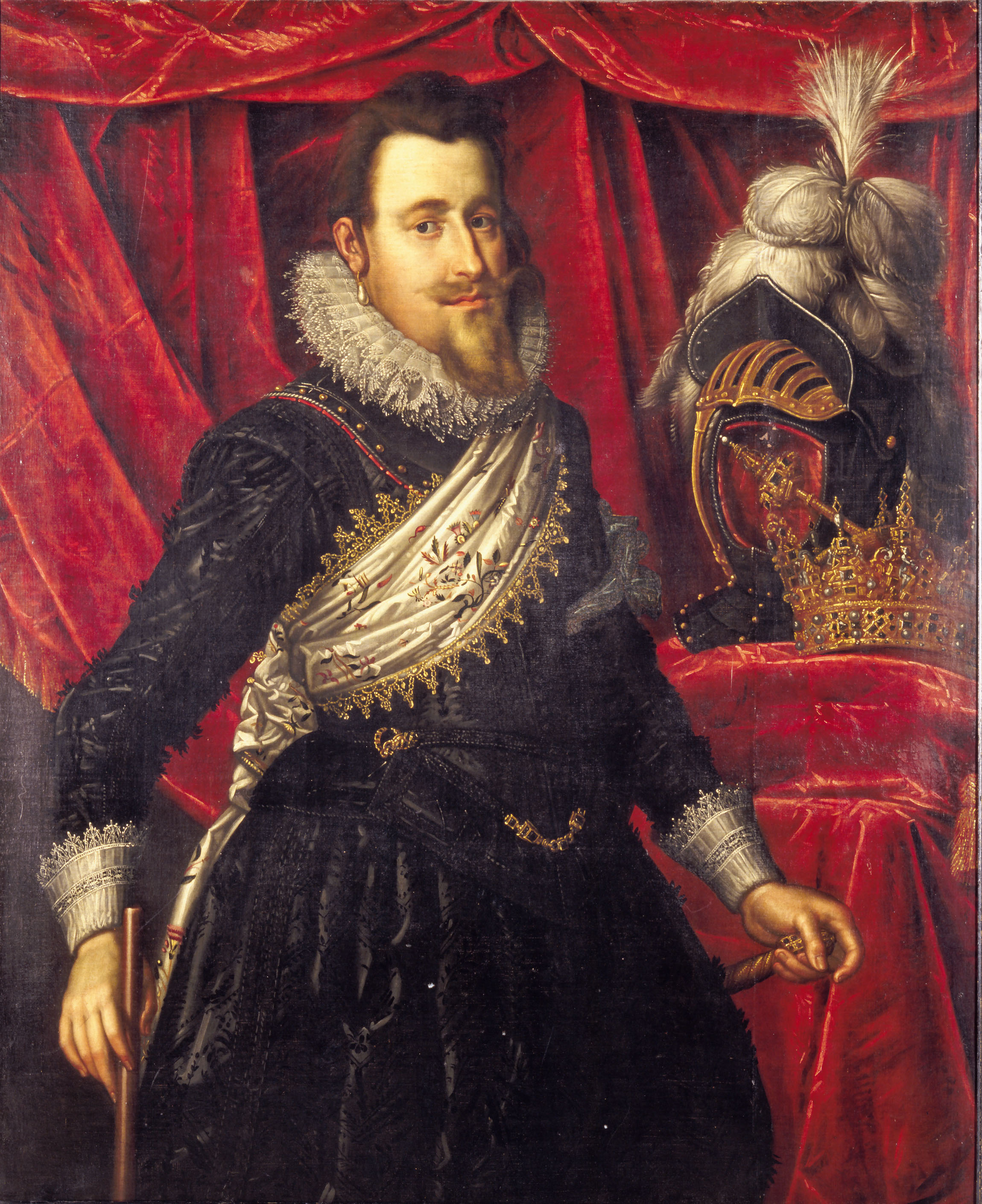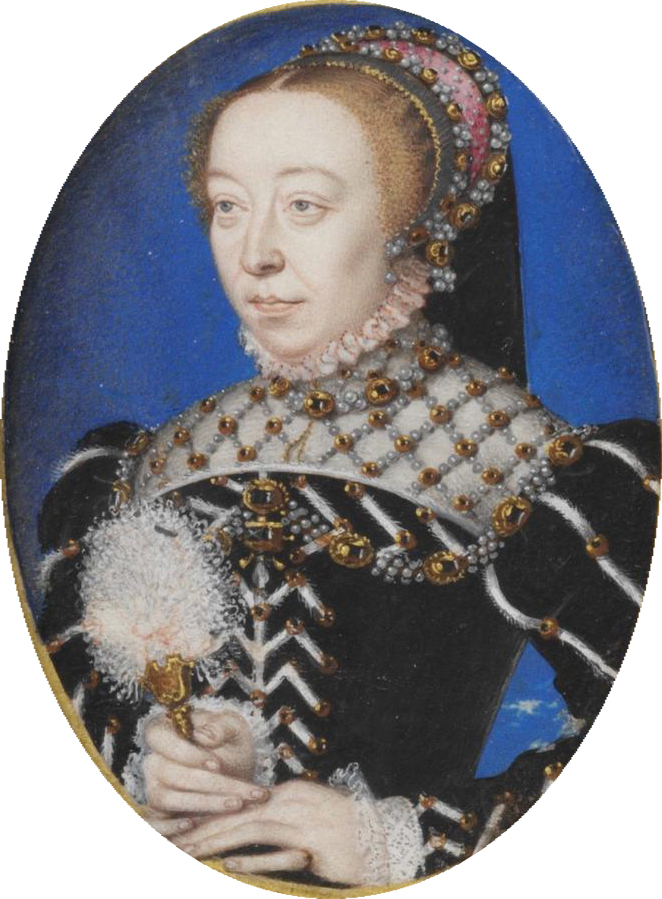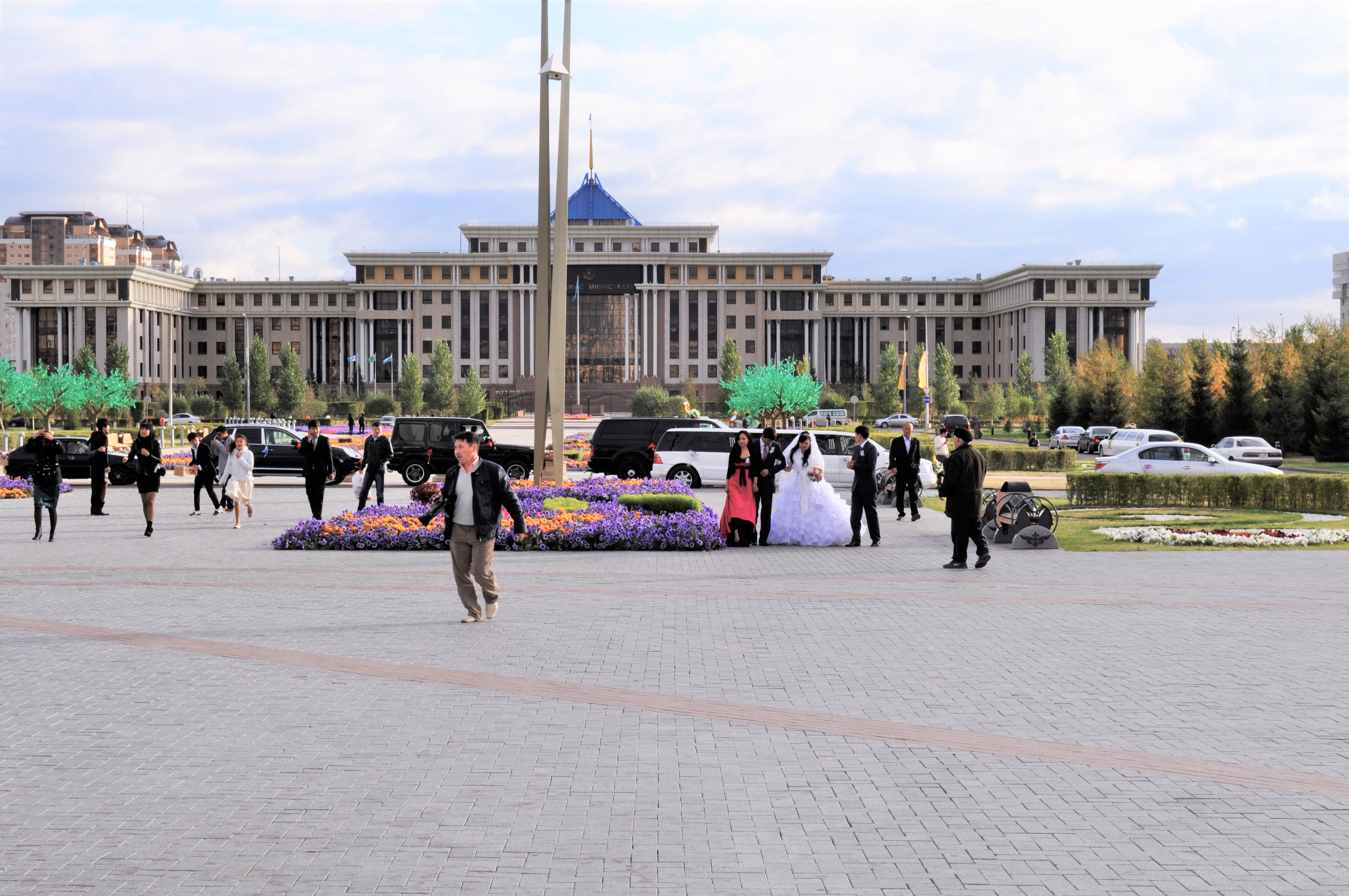|
Tan Lun
Tan Lun (, courtesy name Zili 子理, 以詔; Art name Erhua 二華, (August 4, 1519 – April 20, 1577) was a Han Chinese official, military general, of the Jiajing Emperor of mid-Ming Dynasty in China. Tan Lun raised and organized Qi Jiguang and several other generals to fight effectively against the Jiajing wokou pirates and along with other prominent figures restored the stability of the Ming Dynasty. He was known for his strategic perception, administrative skill, and for consolidating military strength during the middle Ming Dynasty. He was also known for his ruthlessness in the execution of his policies. Tan also exemplified loyalty in an era of chaos. He died in 1577, where he was bestowed the posthumous honour of Grand Guardian of the Heir Apparent (). Popular culture The 1975 King Hu film ''The Valiant Ones'' features Tan Lun. References *''History of Ming'' *Ray Huang, Huang, Ray. ''1587, a Year of No Significance, 1587, a Year of No Significance: The Ming Dynas ... [...More Info...] [...Related Items...] OR: [Wikipedia] [Google] [Baidu] |
Yihuang County
Yihuang County () is a county of east-central Jiangxi province, People's Republic of China. It is under the jurisdiction of the prefecture-level city of Fuzhou, Jiangxi, Fuzhou. Administrative divisions In the present, Yihuang County has 7 towns and 5 townships. ;7 towns ;5 townships Demographics The population of the district was in 1999. National Population Statistics Materials by County and City - 1999 Period, ''in'China County & City Population 1999, Harvard China Historical GIS/ref> Climate Notes and references External links *Government site - County-level divisions of Jiangxi Fuzhou, Jiangxi {{Jiangxi-geo-stub ... [...More Info...] [...Related Items...] OR: [Wikipedia] [Google] [Baidu] |
Ray Huang
Ray Huang (; 25 June 19188 January 2000) was a Chinese-American historian and philosopher who was an officer in the National Revolutionary Army and fought in the Burma Campaign. In 1964, Huang earned a Ph.D. in history from the University of Michigan. He worked with Joseph Needham and was a contributor to Needham's ''Science and Civilisation in China''. Huang taught history at universities in the US and the UK, and he is best known in his later years for the idea of macro-history. Early life Ray Huang was born in Ningxiang, Hunan Province, in 1918. He was the oldest of three children. His father, Huang Zhenbai (), was an early member of the revolutionary group Tongmenghui but became less active in the group over the years. Huang grew up in Hunan and went on to study electrical engineering at Nankai University, Tianjin, in 1936. At the outbreak of the Second Sino-Japanese War in 1938, he returned to Changsha and wrote for the ''Anti-Japanese War Report'' (). Soon afterwards, Huan ... [...More Info...] [...Related Items...] OR: [Wikipedia] [Google] [Baidu] |
People From Fuzhou, Jiangxi
The term "the people" refers to the public or common mass of people of a polity. As such it is a concept of human rights law, international law as well as constitutional law, particularly used for claims of popular sovereignty. In contrast, a people is any plurality of persons considered as a whole. Used in politics and law, the term "a people" refers to the collective or community of an ethnic group or nation. Concepts Legal Chapter One, Article One of the Charter of the United Nations states that "peoples" have the right to self-determination. Though the mere status as peoples and the right to self-determination, as for example in the case of Indigenous peoples (''peoples'', as in all groups of indigenous people, not merely all indigenous persons as in ''indigenous people''), does not automatically provide for independent sovereignty and therefore secession. Indeed, judge Ivor Jennings identified the inherent problems in the right of "peoples" to self-determination, as i ... [...More Info...] [...Related Items...] OR: [Wikipedia] [Google] [Baidu] |
Ming Dynasty Generals
The Ming dynasty, officially the Great Ming, was an Dynasties of China, imperial dynasty of China that ruled from 1368 to 1644, following the collapse of the Mongol Empire, Mongol-led Yuan dynasty. The Ming was the last imperial dynasty of China ruled by the Han people, the majority ethnic group in China. Although the primary capital of Beijing fell in 1644 to a rebellion led by Li Zicheng (who established the short-lived Shun dynasty), numerous rump state, rump regimes ruled by remnants of the House of Zhu, Ming imperial family, collectively called the Southern Ming, survived until 1662. The Ming dynasty's founder, the Hongwu Emperor (1368–1398), attempted to create a society of self-sufficient rural communities ordered in a rigid, immobile system that would guarantee and support a permanent class of soldiers for his dynasty: the empire's standing army exceeded one million troops and the naval history of China, navy's dockyards in Nanjing were the largest in the world. H ... [...More Info...] [...Related Items...] OR: [Wikipedia] [Google] [Baidu] |
1577 Deaths
Year 1577 ( MDLXXVII) was a common year starting on Tuesday of the Julian calendar. Events January–March * January 9 – The second Union of Brussels is formed, first without the Protestant counties of Holland and Zeeland (which is accepted by King Philip II of Spain), later with the Protestants, which means open rebellion of the whole of the Netherlands. * February 12 – The " Perpetual Edict", providing for the removal of Spanish troops from what is now the Netherlands, is signed in the city of Marche-en-Famenne in the Spanish Netherlands (now Belgium) by the Spanish Governor-General, Don Juan de Austria and representatives of the Dutch rebellion. The Perpetual Edict will last only five months, before Don Juan begins new attacks on the rebels. * February 23 – The new Shah of Iran, Ismail II, has most of the advisers of his late father executed, including Prince Ibrahim Mirza. * March 17 – The Cathay Company is formed, to send Martin Frobi ... [...More Info...] [...Related Items...] OR: [Wikipedia] [Google] [Baidu] |
1519 Births
__NOTOC__ Year 1519 ( MDXIX) was a common year starting on Saturday of the Julian calendar, the 1519th year of the Common Era (CE) and ''Anno Domini'' (AD) designations, the 519th year of the 2nd millennium, the 19th year of the 16th century, and the 10th and last year of the 1510s decade. Events January–March * January 1 – Ulrich Zwingli preaches for the first time, as people's priest of the Great Minister in Zurich. * January 12 – Maximilian I, Holy Roman Emperor, dies at the age of 59 after a reign of slightly less than 11 years. An imperial election by the leaders of the various member states of the Empire is scheduled for June 28. * February 10 – The Spanish conquistador Hernán Cortés and his conquistadores depart from Cuba toward the island of Cozumel in Mexico to begin a mission of conquest. * February 18 – Because of the large population of Jews included converts to Christianity ("New Christians") in the colony of Portuguese India ... [...More Info...] [...Related Items...] OR: [Wikipedia] [Google] [Baidu] |
Minister Of War
A ministry of defence or defense (see American and British English spelling differences#-ce.2C -se, spelling differences), also known as a department of defence or defense, is the part of a government responsible for matters of defence and Military, military forces, found in Sovereign state, states where the government is divided into Ministry (government department), ministries or departments. Such a department usually includes all Military branch, branches of the military, and is usually controlled by a defence minister or secretary of defense. The role of a defence minister varies considerably from country to country; in some the minister (government), minister is only in charge of general budget matters and procurement of equipment, while in others they are also an integral part of the operational military chain of command. Historically, such departments were referred to as a ministry of war or department of war, although they generally had authority only over the army of ... [...More Info...] [...Related Items...] OR: [Wikipedia] [Google] [Baidu] |
Zongdu
Zongdu (Tsung-tu; ; Manchu: ; usually translated as Governor-General or Viceroy) were high-level officials responsible for overseeing the governors of several provinces in Ming and Qing China. One viceroy usually administered several provinces and was in charge of all affairs of military, food, wages, rivers, and provincial governors within their region of jurisdiction. Viceroys were appointed by and directly reported to the Emperor. One of the most important was the Viceroy of Zhili (Chihli), since it encompassed the imperial capital. Yuan Shikai, later President of Republican China, held this office. Ming dynasty Zhu Yuanzhang, the founding emperor of the Ming dynasty (1368 AD to 1644 AD), continued the provincial system of the Yuan dynasty but separated Xingsheng into 13 Cheng Xuan Bu Zheng Shi Si, aimed to spread the central government policies. However, later the Ming government found out they needed a coordinator to deal with the conflict between several provinces or ... [...More Info...] [...Related Items...] OR: [Wikipedia] [Google] [Baidu] |
Viceroy Of Liangguang
The Viceroy of Liangguang, fully in Chinese as the Governor-General of Two Guang Provinces and Other Local Areas, in Charge of Military Affairs, Food and Wages and Governor Affairs, was one of eight regional Viceroys during the Ming and Qing dynasties of China. The Viceroy of Liangguang had jurisdiction of military, civil, and political affairs over then Guangdong Province and then Guangxi Province (approx. nowadays Guangdong, Guangxi, Hainan, Hong Kong, and Macau). History Ming dynasty The office of the Viceroy of Liangguang originated in 1452 during the Ming dynasty. The Jingtai Emperor accepted Yu Qian's proposal to create the office and appointed Wang Ao (王翱) as the first viceroy. In 1465, the Chenghua Emperor appointed Han Yong (韓雍) as Left Censor-in-Chief and Viceroy of Liangguang. The office was formalised in 1469, with the administrative headquarters fixed in Wuzhou, Guangxi. In 1536, during the reign of the Jiajing Emperor, the viceroy Qian Rujing (錢� ... [...More Info...] [...Related Items...] OR: [Wikipedia] [Google] [Baidu] |
Fujian
Fujian is a provinces of China, province in East China, southeastern China. Fujian is bordered by Zhejiang to the north, Jiangxi to the west, Guangdong to the south, and the Taiwan Strait to the east. Its capital is Fuzhou and its largest prefecture city by population is Quanzhou, with other notable cities including the port city of Xiamen and Zhangzhou. Fujian is located on the west coast of the Taiwan Strait as the closest province geographically and culturally to Taiwan; as a result of the Chinese Civil War, a small portion of historical Fujian is administered by Taiwan, romanized as Fuchien Province, Republic of China, Fuchien. While the population predominantly identifies as Han Chinese, Han, it is one of China's most culturally and linguistically diverse provinces. The dialects of the language group Min Chinese are most commonly spoken within the province, including the Fuzhou dialect and Eastern Min of Northeastern Fujian province and various Southern Min and Hokkien dial ... [...More Info...] [...Related Items...] OR: [Wikipedia] [Google] [Baidu] |
Grand Coordinator
A ''xunfu'' was an important History of China#Imperial China, imperial Chinese provincial office under both the Ming dynasty, Ming (14th–17th centuries) and Qing dynasty, Qing (17th–20th centuries) dynasties. However, the purview of the office under the two dynasties differed markedly. Under the Ming dynasty, the post originated around 1430 as a kind of inspector-general and ad hoc provincial-level administrator; such a ''xunfu'' is usually translated as a . However, since the mid-17th century, ''xunfu'' became the title of a regular provincial governor overseeing civil administration in the Qing dynasty. Under both dynasties, the ''xunfu'' was subordinate in military affairs to the multi-provincial ''zongdu'' (wikt:總督, 總督), usually translated as "supreme commander" under the Ming and "governor-general" or "Viceroys in China, viceroy" under the Qing. The Nguyễn dynasty of Vietnam also established the position (known as ''tuần phủ'' or ''tuần vũ'' 巡撫) bas ... [...More Info...] [...Related Items...] OR: [Wikipedia] [Google] [Baidu] |
The Ming Dynasty In Decline
''The'' is a grammatical article in English, denoting nouns that are already or about to be mentioned, under discussion, implied or otherwise presumed familiar to listeners, readers, or speakers. It is the definite article in English. ''The'' is the most frequently used word in the English language; studies and analyses of texts have found it to account for seven percent of all printed English-language words. It is derived from gendered articles in Old English which combined in Middle English and now has a single form used with nouns of any gender. The word can be used with both singular and plural nouns, and with a noun that starts with any letter. This is different from many other languages, which have different forms of the definite article for different genders or numbers. Pronunciation In most dialects, "the" is pronounced as (with the voiced dental fricative followed by a schwa) when followed by a consonant sound, and as (homophone of the archaic pronoun ''thee' ... [...More Info...] [...Related Items...] OR: [Wikipedia] [Google] [Baidu] |




